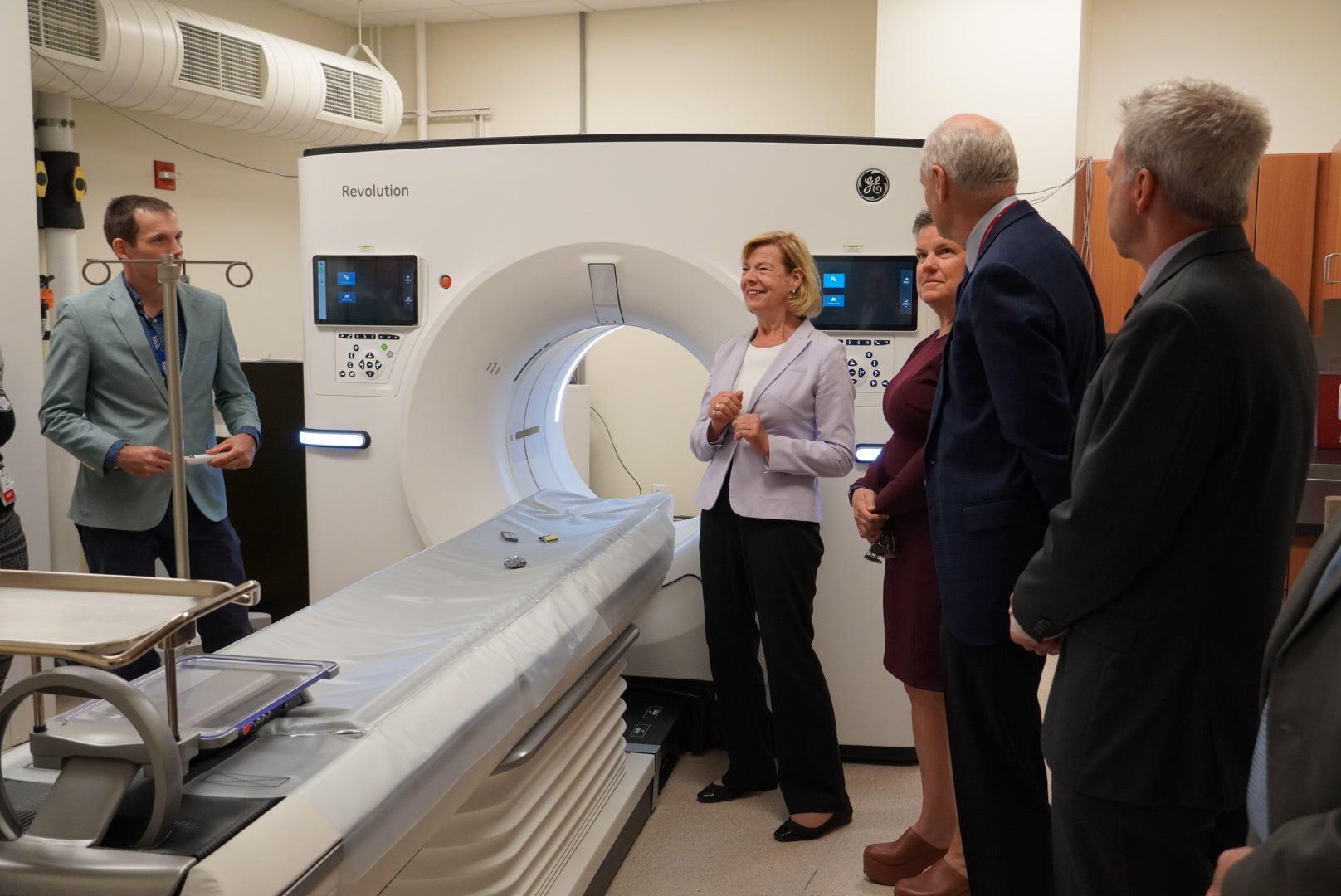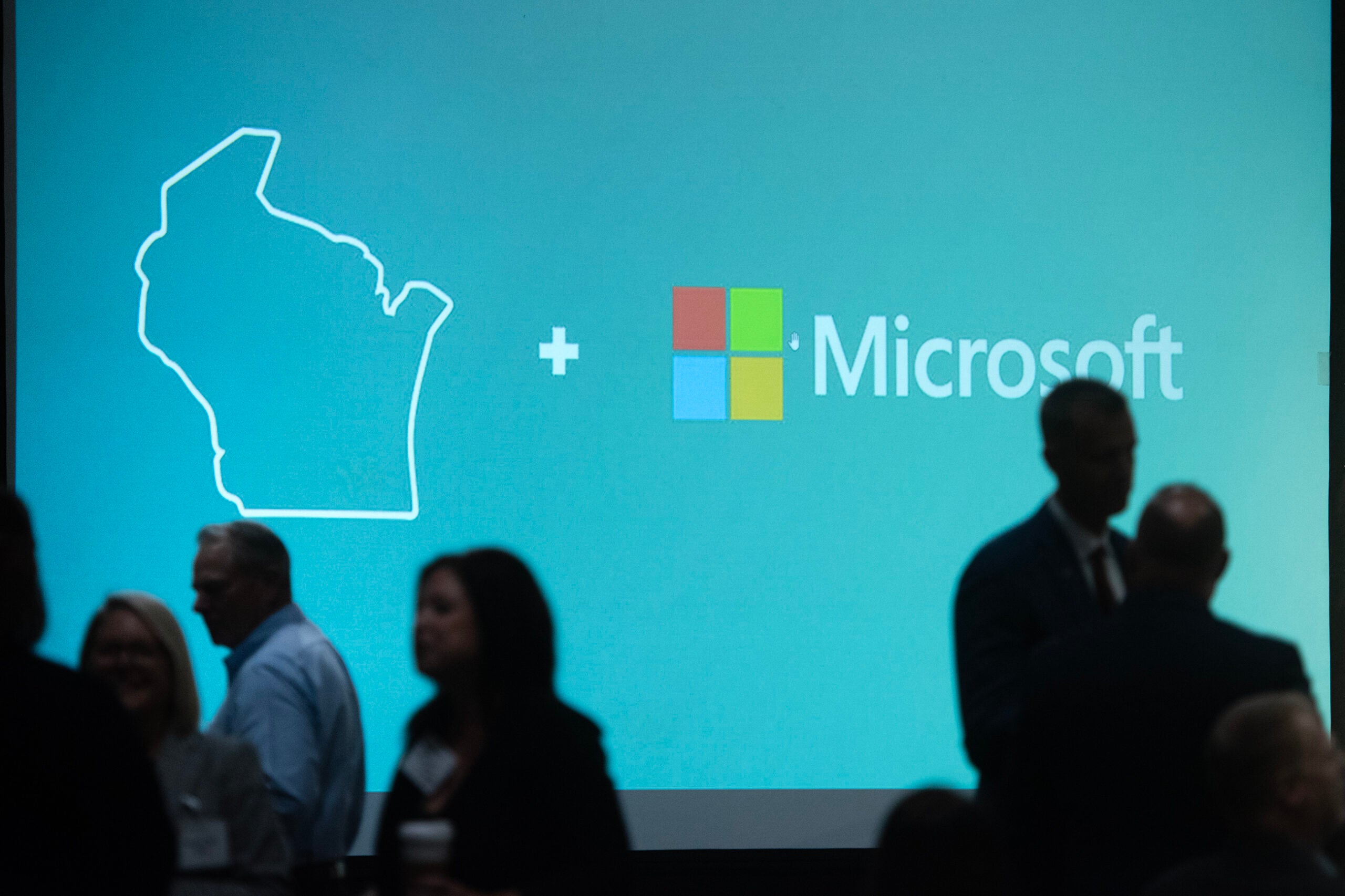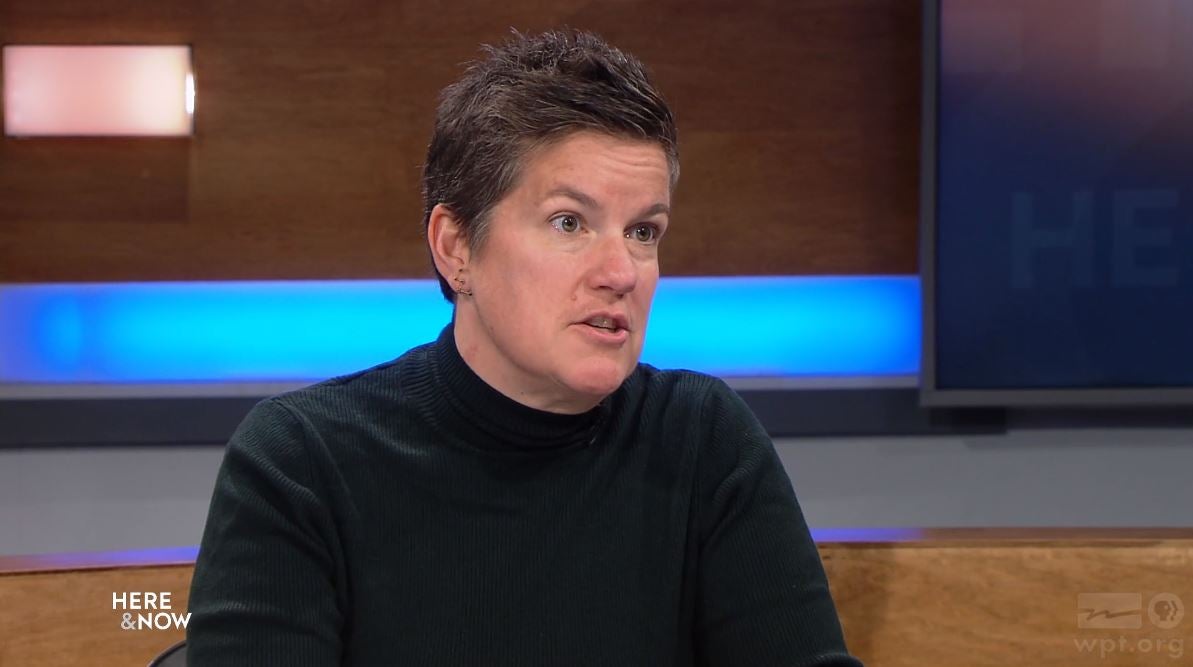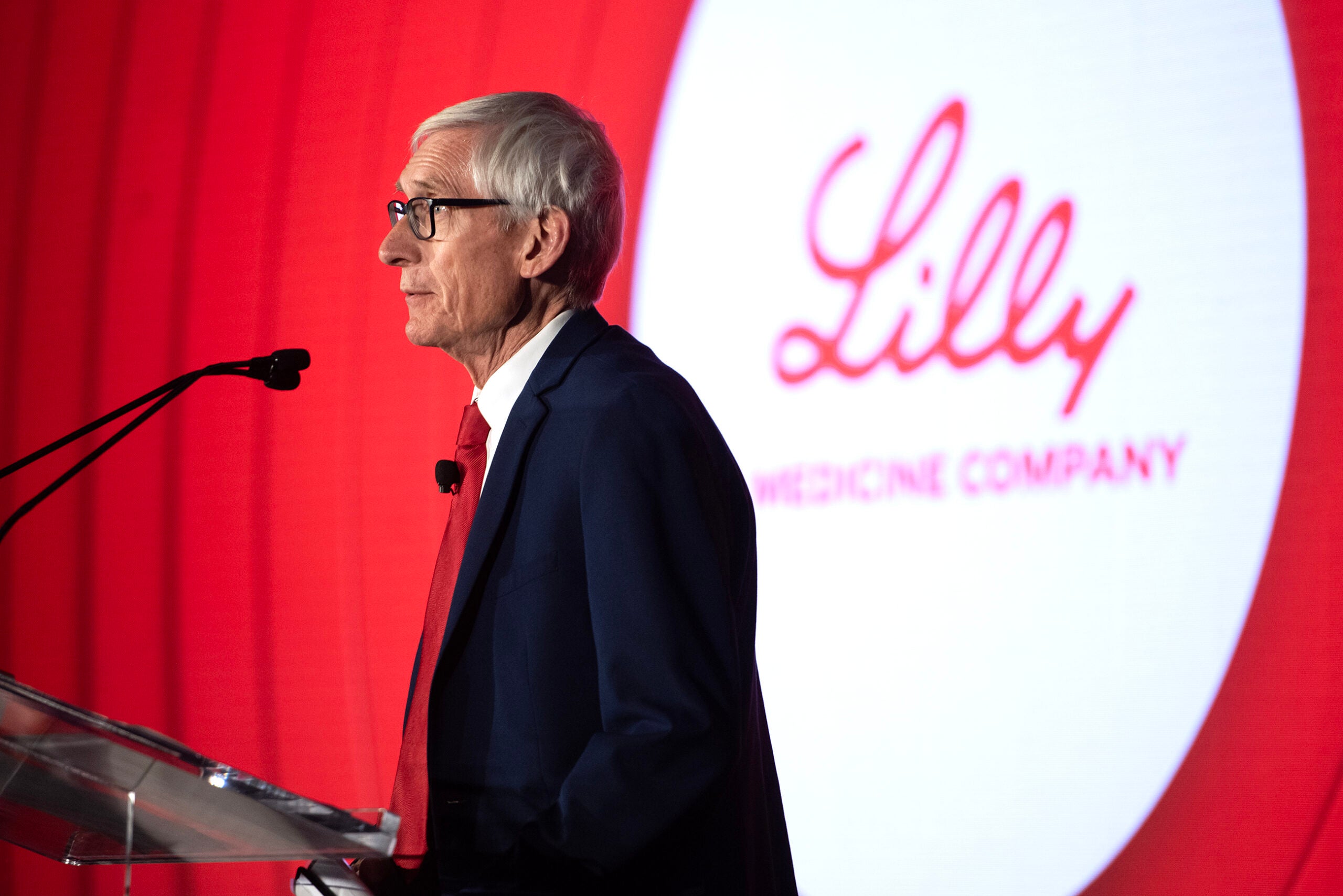When people outside the state think of Wisconsin, they usually envision cheese, beer, dairy farms and manufacturing. But a new collaboration aims to add the state’s growing biohealth industry to that list.
A consortium of 15 health technology companies, nonprofits and higher education institutions have applied for a “Regional Tech Hub” designation from the federal government. The designation would cover Madison and Milwaukee Metropolitan Statistical Areas, and would allow the state to access $50 million to $75 million in federal funds from the CHIPS and Science Act of 2022.
Wisconsin Economic Development Corp. Secretary Missy Hughes said the application focused on the state’s growing biohealth sector with a focus on so-called “personalized medicine.” Hughes said personalized medicine uses a wide range of data from a patient, including their genomic sequence and environmental conditions, to diagnose and treat them more efficiently.
News with a little more humanity
WPR’s “Wisconsin Today” newsletter keeps you connected to the state you love without feeling overwhelmed. No paywall. No agenda. No corporate filter.
“There’s a really exciting opportunity for Wisconsin, with work that’s already happening here, to be the next generation of health care for the United States,” Hughes said. “This work is happening whether or not we get the regional tech hub designation.”
In 2021, Wisconsin’s biohealth sector had an economic impact of $32 billion and generated $1.2 billion in state and local taxes, according to a third-party report released last October by the BioForward Wisconsin advocacy group. Hughes said receiving a Regional Tech Hub designation would allow stakeholders in the industry to scale up their operations, better share data and provide more quality jobs to Wisconsinites.
“With that designation, there comes resources, but there also comes a lot of prestige,” she said. “We’ll really be able to put Wisconsin on the map when it comes to this initiative around changing healthcare as we know it.”
While the application was announced last month by the Wisconsin Economic Development Corp., its origins go back further. Wisconsin’s Democratic U.S. Sen. Tammy Baldwin supported the CHIPS Act, and said she worked to create the Tech Hub program through the Senate’s Commerce and Appropriations committees.
Baldwin said the Tech Hub program was modeled off a Brookings Institution report that identified Wisconsin as a top destination for a regional tech hub. In March, she sent a letter to the federal Economic Development Administration — the agency overseeing the placement of tech hubs — advocating for Wisconsin. On Sept. 1, Baldwin sent a letter to the U.S. Commerce Department, again advocating for the state to receive a tech hub designation.
Between the state’s research universities, companies already working in the biohealth space and strong history of manufacturing, she said she believes Wisconsin is the ideal place for a tech hub.
“Getting designated as a tech hub would open the door to funding for the consortium to really go from idea to commercialization in an area of such importance, personalized medicine,” Baldwin said. “It can really be a game changer for conditions like diabetes, cancer or Alzheimer’s.”
Consortium member GE HealthCare is a medical technology company headquartered in Chicago, with facilities in Waukesha, Milwaukee, Wauwatosa, Pewaukee, Oak Creek and Madison. Jay Hill, the company’s vice president of Advanced Technology, said he’s optimistic about Wisconsin’s chances of receiving a tech hub designation due to the strength of the state’s biohealth and manufacturing sectors.
“When we looked at competitive clusters around the country, you can find your biohealth clusters that are strong, you can find your manufacturing clusters,” he said. “(But) We’re not aware of anyone else that has the same combination of manufacturing and innovation in biohealth technology that Wisconsin has.”
Even if the state doesn’t receive the designation, Hill said creating the consortium has already increased collaboration and communication among different entities working in biohealth.
“It has created some momentum that will be able to sustain — tech hub or not,” he said. “I really believe that we can get this, and I really hope that we do, but I think the lasting benefits of the collaboration will go well beyond that.”
Wisconsin Public Radio, © Copyright 2026, Board of Regents of the University of Wisconsin System and Wisconsin Educational Communications Board.







